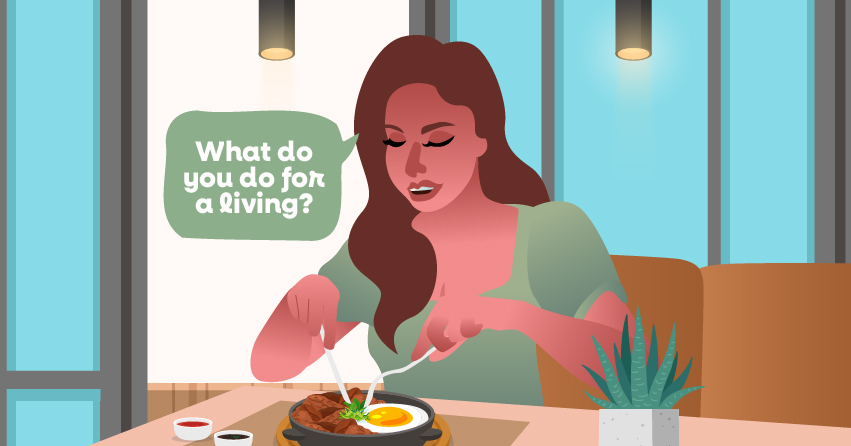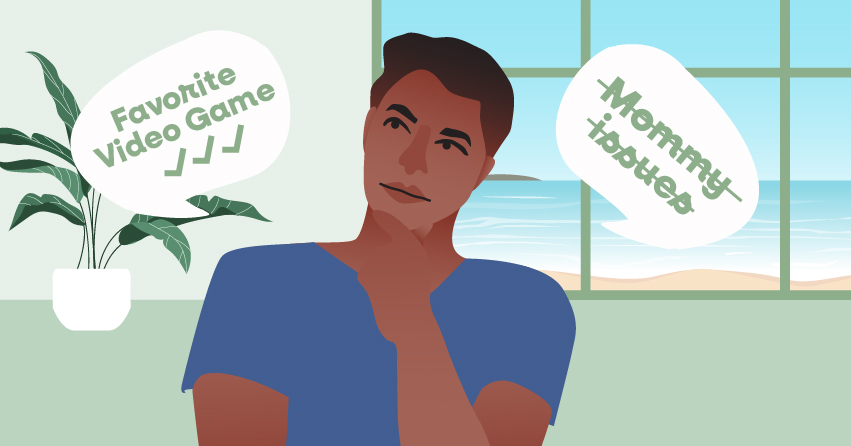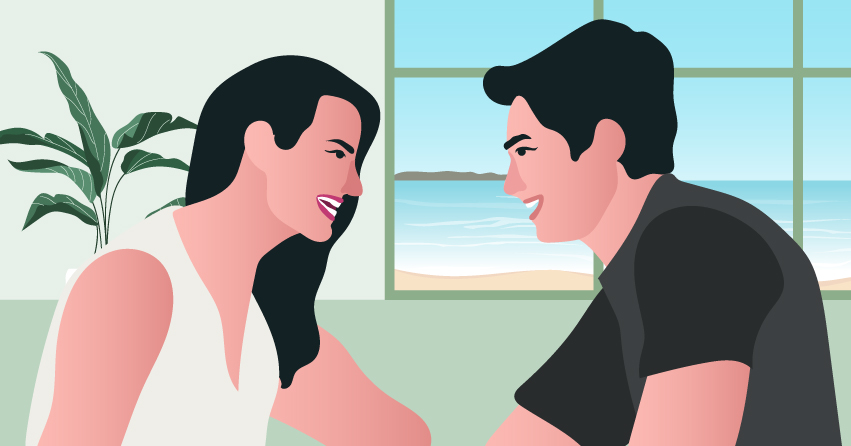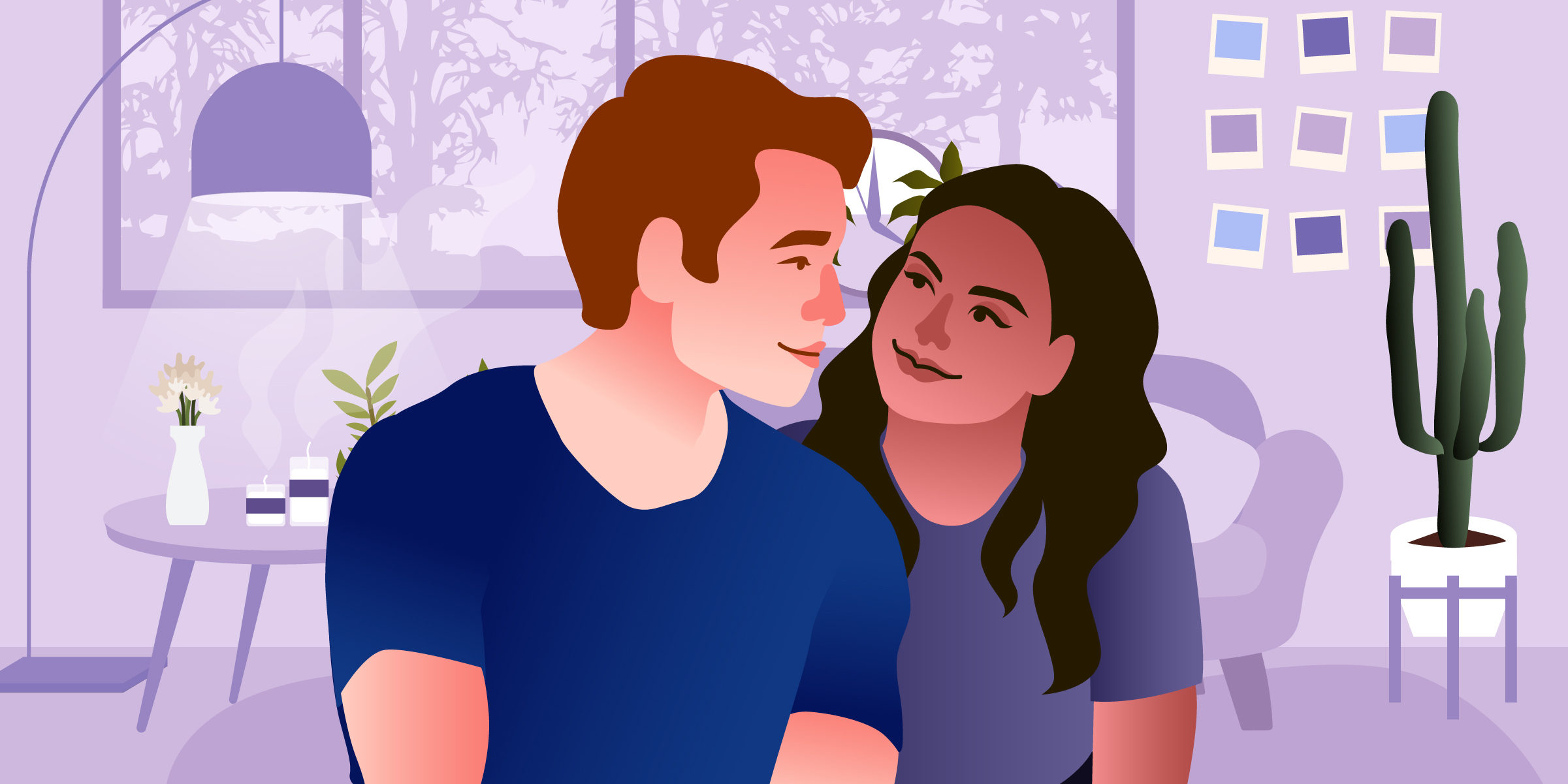
Ever met someone and suddenly you’re getting a full download of their life, like childhood trauma, their toxic exes, or the time their best friend stole from them? They’ve squeezed years’ worth of stories into just a couple of hours.
Or maybe you’ve caught yourself rambling to some random guy you met at a club, then later wondering, “Wait… was that too much?”
That’s called floodlighting. And while it seems like a way to build instant connection, it can have a few downsides.
What is Floodlighting?

Created by author and psychologist Brené Brown, floodlighting refers to the act of oversharing too soon, usually within the first few dates. It’s when someone “floods” their date with deeply personal topics like exes, childhood trauma, mental health issues, or friendship fallouts way before there’s enough emotional trust or connection built.
Now, if you’re wondering whether you or the person you’re dating might be floodlighting, here are some signs to look out for:
Shares very personal or intimate details within the first few dates
Jumps between light and heavy topics, like starting with something casual and suddenly diving into a traumatic memory
Feels disappointed or upset when the other person doesn’t match their level of openness or emotional sharing
Why People Do It

There’s no single reason why someone might floodlight during dates, but here are some common factors that could lead to this kind of behavior:
- They genuinely believe being vulnerable early on can help build instant trust and emotional connection.
- They might see it as normal, especially in today’s social media culture where people often overshare in their profiles.
- They might feel burned out by the dating scene and want to “speed things up” by getting deep quickly.
- Some do it intentionally to gain trust quickly and get what they want, whether it’s a relationship, sex, or emotional validation.
- Some people floodlight to appear open and vulnerable, even if they’re not truly willing to share the deeper parts of themselves, especially those they think might be seen negatively.
Why It Pushes People Away

It might seem like opening up deeply right away will help build a stronger connection, but what many don’t realize is that it can actually do the opposite.
Most people can feel overwhelmed when they’re hit with too much deep info too soon. Some might even get suspicious if you start oversharing on the first or second date.
There are also people who might take those stories at face value. They might believe the floodlighter is just being honest or that they must really be in love. If the oversharing comes from a genuine place, it can lead to a deeper connection. But if someone’s doing it with manipulative intentions, it can leave the other person vulnerable and possibly even exploited.
How to Deal With Floodlighting

If you feel like your date is floodlighting you, you can handle the situation in a few ways.
First, try gently steering the conversation toward lighter, more casual topics. Sometimes, people overshare because they’re nervous or feeling pressured—helping them relax can stop the rambling before it gets too heavy.
If the floodlighting continues, consider being honest with them. They might not even realize they’re doing it. A little self-awareness goes a long way and helps them become a better communicator.
But if they get overly defensive or continue dumping personal details despite your efforts, it might be a sign to reconsider seeing them again. You deserve to feel comfortable and safe in early conversations.
What to Do If You’re Floodlighting
But let’s flip the script for a second… What if you’re the one doing the oversharing?
The fact that you’re even aware of it is already a big win. Recognizing the behavior is the first and most important step toward change. From here, it’s all about being more mindful of how you connect with others, especially in the early stages of a relationship. Here are some tips to help you slow down:
1Start with lighthearted topics.

Begin the conversation with something casual, like your job, hobbies, favorite movies, or even a recent viral post you both saw. These kinds of topics help keep the tone easy and relaxed. Ask open-ended questions to keep the exchange flowing and give the other person space to share.
2Save the deeper stuff for later meetups.

As a general rule, hold off on the personal stories until you’ve met the person a few times; at least three is a good benchmark. This gives you time to build trust and see if they’re someone you feel safe opening up to. Of course, if they share something vulnerable first and you genuinely feel comfortable, it’s okay to reciprocate, but don’t feel pressured to match their depth if you’re not ready.
3Check in with yourself before sharing.

Before opening up about something personal, ask yourself: Why do I want to share this right now? Is it to bond, or is it coming from a place of anxiety or a desire to fast-track intimacy? Pausing to reflect can help you share more intentionally.
4Practice active listening.

Shift the focus from what you want to say to what the other person is sharing. This helps you stay grounded in the moment and makes the conversation more balanced and mutual.
Takeaway
Floodlighting isn’t the most toxic dating trend, like catfishing, negging, or breadcrumbing, but it’s still something to watch out for. Oversharing to the point where the other person feels drained isn’t healthy for any relationship. So keep it in check, and be mindful of how much you’re revealing too soon.


